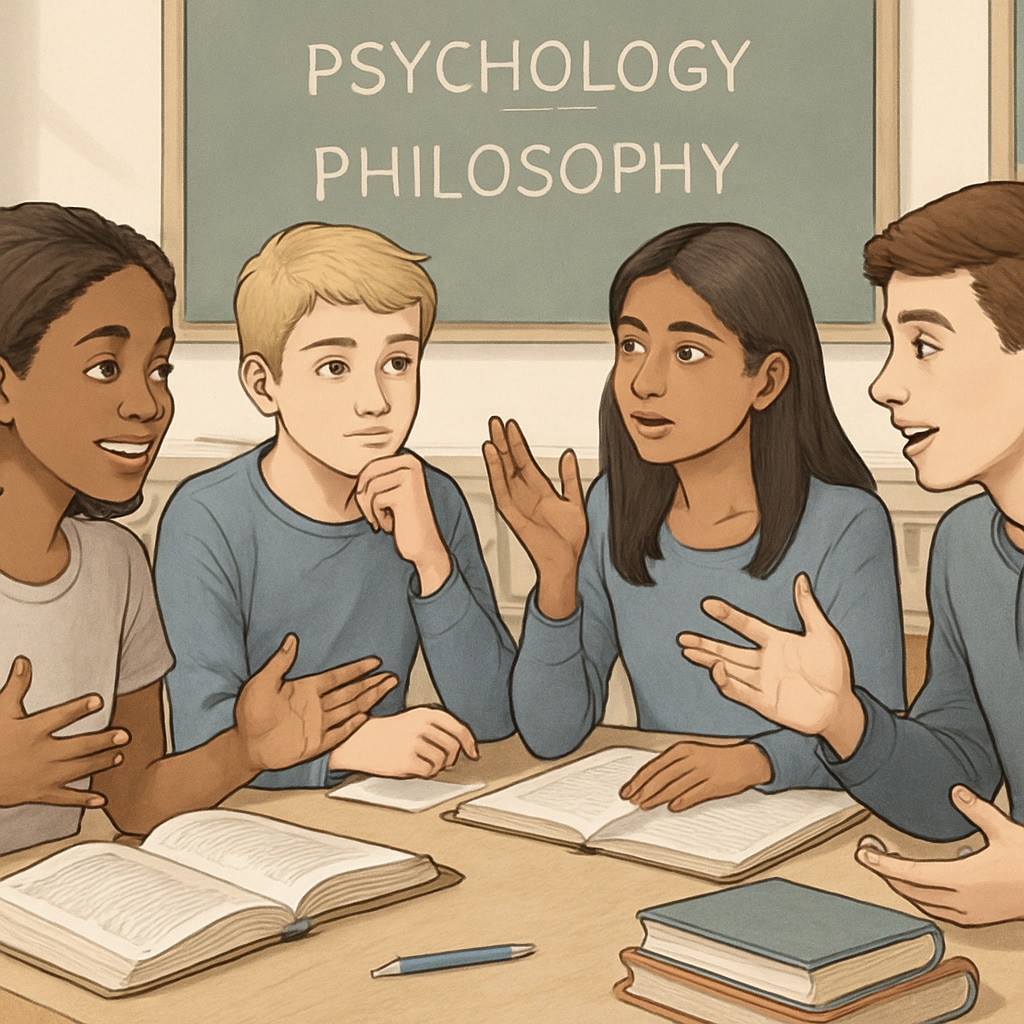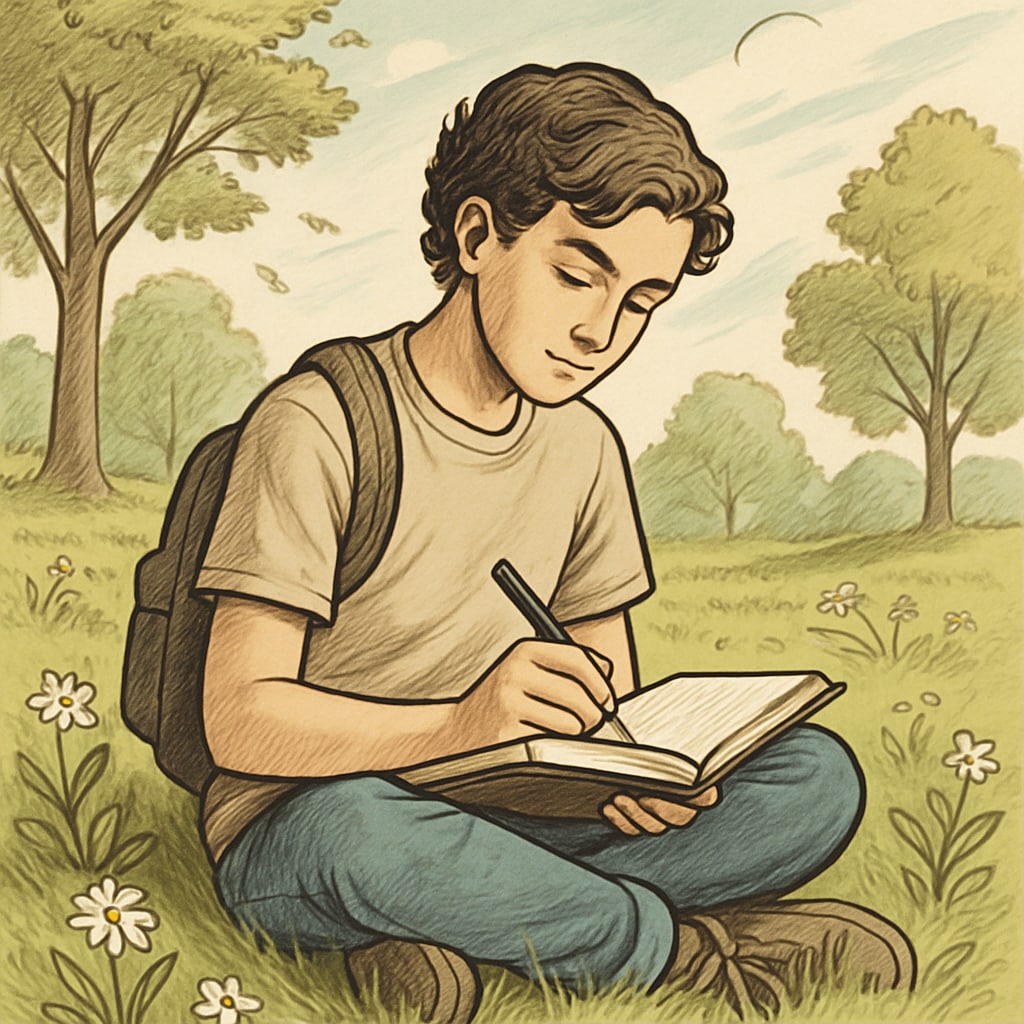Psychology and philosophy are fascinating fields that can help K12 students develop critical thinking, self-awareness, and a deeper understanding of the world. While these subjects are traditionally introduced in academic settings, there are non-academic ways to make them accessible and engaging for young learners. In this article, we will explore various resources and strategies to help students explore these topics outside the classroom.
Why Introduce Psychology and Philosophy Early?
Psychology and philosophy encourage students to think critically, question assumptions, and reflect on their personal values and beliefs. Introducing these subjects during the K12 years can foster curiosity and build skills that are valuable throughout life. For example, psychology helps students understand human behavior and emotions, while philosophy teaches them how to reason and analyze complex ideas. Together, these fields nurture intellectual growth and emotional intelligence.
Moreover, non-academic approaches to learning allow students to explore these subjects at their own pace and according to their interests. This flexibility makes learning more enjoyable and personally meaningful.

Accessible Resources for Beginner Learners
Finding age-appropriate and engaging resources is key to introducing psychology and philosophy to young learners. Below are some excellent options:
- Books: For psychology, try “The Psychology Book” by DK, which simplifies complex concepts with visuals and explanations. For philosophy, “The Philosophy Book” by the same publisher is an excellent starting point.
- Podcasts: Podcasts like “Brains On!” (for younger kids) and “Philosophize This!” (for teens) make learning interactive and fun.
- Videos: YouTube channels like CrashCourse offer beginner-friendly series on both psychology and philosophy.
- Apps: Apps like “Headspace” introduce mindfulness, tying psychological concepts to everyday life. Similarly, “Big Think” provides philosophical insights from experts.
- Games: Interactive games like “Quandary” teach ethical decision-making, blending philosophy with problem-solving skills.
By combining these resources, students can start building a foundation in psychology and philosophy that is both informative and engaging.
Practical Techniques for Learning Outside the Classroom
In addition to using curated resources, students can benefit from hands-on activities that make these subjects more relatable. Here are some techniques:
- Journaling: Encourage students to keep a journal where they reflect on daily experiences, emotions, and philosophical questions such as “What does happiness mean to me?”
- Debates: Organize informal debates on ethical dilemmas, like “Is it ever okay to lie?” This activity sharpens reasoning and argumentation skills.
- Role-Playing: Create scenarios where students can act out psychological theories or philosophical concepts. For example, role-play a decision-making process influenced by cognitive biases.
- Community Discussions: Join local or online groups that explore psychology and philosophy topics. These interactions can provide different perspectives and enrich understanding.
These techniques encourage active participation and help students connect abstract concepts to real-world situations.

Overcoming Challenges in Non-Academic Learning
While non-academic learning offers flexibility, it can also pose challenges. For instance, students may struggle to stay motivated or find reliable information. To address these issues:
- Set Goals: Help students set achievable learning goals, such as reading one book chapter per week or completing a specific activity.
- Curate Reliable Sources: Teach students how to evaluate the credibility of information, especially online. Encourage the use of reputable platforms like Britannica and Wikipedia.
- Encourage Collaboration: Learning with peers can make the process more engaging and less isolating.
By addressing these challenges, students can maintain enthusiasm and make steady progress in their learning journey.
Conclusion: The Lifelong Value of Psychology and Philosophy
Introducing psychology and philosophy to K12 students through non-academic methods not only makes these subjects accessible but also instills lifelong skills. By leveraging curated resources, practical activities, and community interactions, young learners can develop a deeper understanding of themselves and the world around them. Start their journey today with the right tools and guidance!
For more information, explore platforms like Britannica and Wisdom Library for additional insights and resources.


